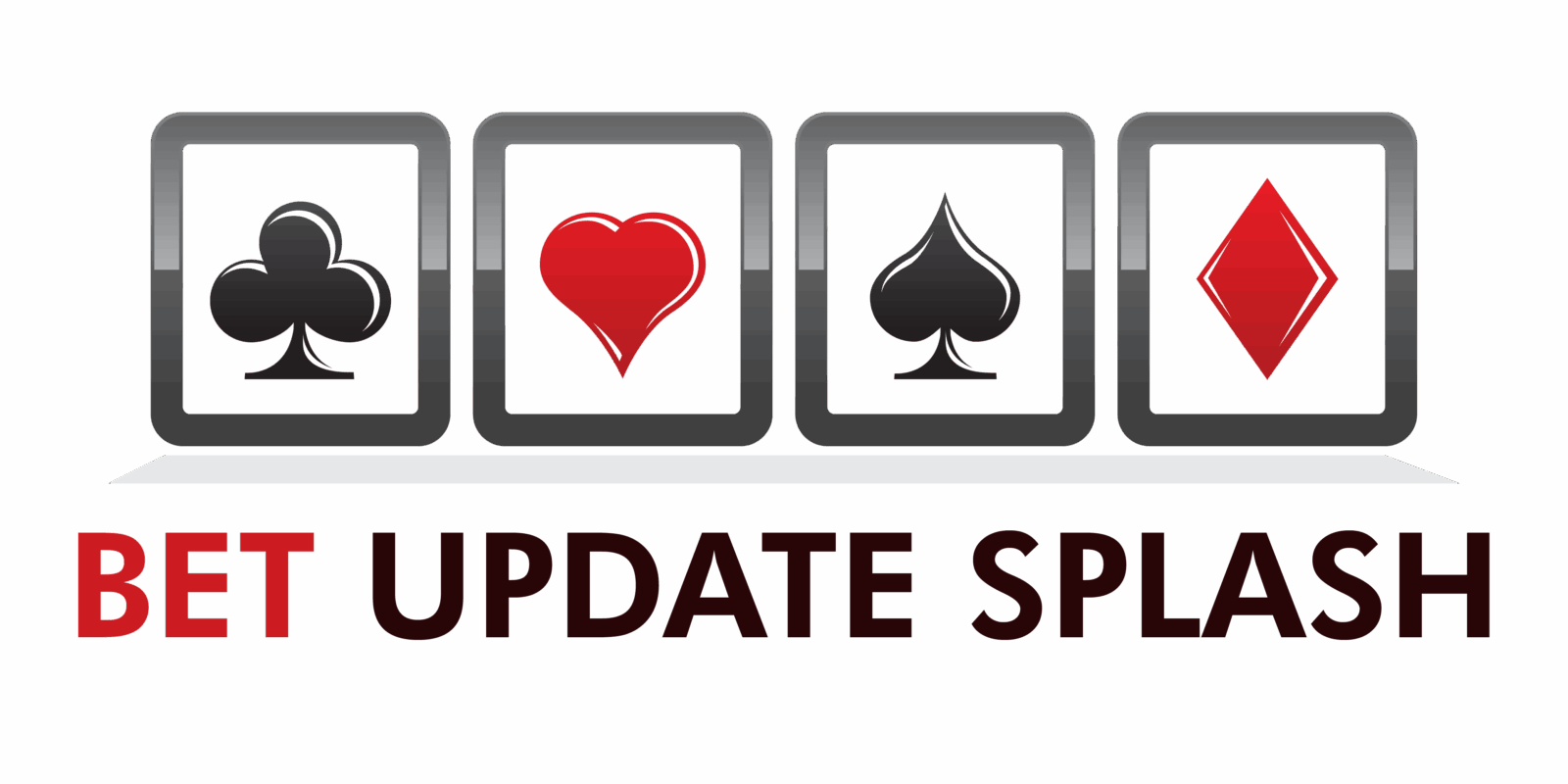Prelude: Risk, Reward, and the Betting Mindset
High-stakes betting isn’t just about guts—it’s about how a person processes pressure. Most people freeze up when real money’s on the line. Others become sharper. Their focus narrows, their instincts sharpen, and the noise fades. For some gamblers, that high-stakes moment isn’t panic-inducing—it’s familiar ground.
The reason? Psychology. Thriving under risk often comes down to a blend of temperament and training. Certain people are wired to stay level-headed in chaotic moments, able to assess odds and make clean decisions while others spiral. But the consistent winners—those who walk away ahead more times than not—they’ve put in the reps. They understand variance, they know when emotion starts to lead, and they know how to stop themselves before crossing the line from brave to reckless.
It’s not just luck. Big wins might make headlines, but they’re usually the result of calculated risk. That means digging into data, reading people, knowing your limits, and trusting a system over impulse. The gamblers who last—the ones who turn high-stakes bets into more than just stories—are the ones who don’t kid themselves about where luck ends and discipline begins.
Case Study 1: The Poker Pro Who Bet on Himself
He started at kitchen tables—buy-ins of twenty bucks, stacks of mismatched chips, and more bluffing than strategy. But over the years, the casual games morphed into a full-time grind. What made the difference wasn’t luck. It was a sharp sense of bankroll discipline and a play style that didn’t pull punches.
This player didn’t chase every hand. He played the long game. That meant strict rules about risk: no more than 5% of his total bankroll on a single buy-in. It also meant turning down games where emotion could cloud judgment or variance ran too high. Unlike many who flame out chasing fast pots, he weathered cold decks and downswings by sticking to structure.
But discipline alone doesn’t win championships. The turning point came during a mid-stakes international tournament. Short-stacked at a critical moment, he made a gutsy all-in with suited connectors—reading both the board and his opponent perfectly. The gamble paid off, catapulting him to the final table, then to the title. That hand didn’t just shift the game—it shifted his place in it.
Other players took notice. What he showed was simple but rare: patience backed by preparation. He studied odds, tracked tendencies, and never let ego write checks his cards couldn’t cash. Under it all, there was belief. In the process. In the routine. And most importantly, in himself.
Case Study 2: The Sports Bettor with a Data Edge
He didn’t start with spreadsheets. Just a love for the game—every game. Sundays were sacred. Fantasy leagues, office pools, late-night replays. But passion alone wasn’t paying off. That changed when he stopped betting like a fan and started thinking like a data scientist.
The shift was simple but serious: predictive modeling, real-time odds tracking, injury reports, team dynamics. He built models that did what gut feeling couldn’t—forecast outcomes with cold, statistical clarity. By understanding line movement and probability overlays, he stopped chasing wins and started exploiting patterns.
His biggest win? Not a massive payout, though he had those. It was reframing analysis around causality. He studied the why—why a team underperformed, why a line shifted, why public perception missed the mark. That insight fed his edge.
But what kept him ahead wasn’t just knowledge. It was discipline. He didn’t bet every weekend. He walked away when the data wasn’t solid, sat out games with too much noise, and never let a hot streak skew the spreadsheet.
In sports betting, smart beats bold. He knew when to play—and when not to.
Case Study 3: The Roulette Outlier
Roulette isn’t a game built for comebacks. The odds are tilted against you from the first spin, and no system truly beats the house. But one gambler managed to flip that reality—briefly—by knowing exactly what he was doing, and more importantly, when to stop.
The player wasn’t aiming for long-term dominance. He came in with a fixed bankroll and a structured plan: target single-zero European wheels, fence bets within two ranges, and walk away at triple return or a hard loss cap. It was less about defying probability and more about creating a sharp window of calculated risk.
His edge? A custom betting rhythm that rode micro-trends—shifts in red/black outcomes and spacing on even-money bets. It worked just long enough. Three sessions, $5,000 in, $18,000 out. Short term. High tension. Total discipline.
What really set him apart: he didn’t chase a streak. He left the table at peak gain, not seduced by momentum. That’s the difference between a storybook win and becoming the next bankroll cautionary tale. He didn’t beat the odds in the long run—he played within them for a narrow, controlled strike.
In games built to drain patience and pocket, sometimes the only winning move is knowing when the game ends.
Strategies That Stood Out
High-stakes betting isn’t just about risk tolerance—it’s about reading the game better and faster than everyone else. At the core is pattern recognition. Top bettors develop a sixth sense for data, trends, and human behavior. They spot subtle shifts that signal opportunity, whether it’s a poker player tracking betting rhythms or a sports bettor noticing the odds lag after an injury update. They study the board, the room, and sometimes the silence. Experience helps. So does obsession.
But when real money’s moving, emotion becomes the wild card. Tilt—the loss of control after a bad beat—is where many gamblers break. The sharp ones don’t chase a loss. They pause. Regroup. They’ve trained for resilience, not just success. Some walk away after a win, fully aware their edge is temporary. That kind of discipline doesn’t look flashy, but it’s the backbone of long-term survival.
Then there’s timing. Knowing when to let a streak ride or when to get out defines the difference between a lucky win and a smart one. It’s not always rational—it’s a gut read sharpened by hours and hours of practice. Intuition isn’t magic. It’s learned. And it often whispers just before the big decisions: double down now, or fold before it’s too late.
High-Risk, High-Discipline
The sharp bettors don’t see it as chance. They treat betting like a craft—measured, intentional, and systematic. Winning at high stakes isn’t about feeling lucky. It’s about building frameworks that take luck out of the equation as much as possible. From bankroll spreadsheets to deep research to strict schedules, they create a routine that minimizes impulse and maximizes edge.
Non-negotiables are the backbone. The best stick to stop-loss limits the way pilots follow pre-checks—no exceptions. They prep like professionals: studying stats, reviewing trends, controlling variables. Sleep isn’t a luxury, it’s part of the plan. Fatigue leads to tilt. Tilt drains bankrolls.
And then there’s the invisible tightrope: bold vs. reckless. High-stakes betting demands audacity, but not the blind kind. Top gamblers know when to go big—and when to pull the plug. Recklessness is reacting with ego. Boldness is executing a plan, even when the stakes turn white-hot. If you’re making moves with no discipline behind them, you’re not a strategist. You’re a donor.
For more on expert betting techniques that lead to big wins, check out Betting Aces: Techniques That Led to Big Wins. This deep dive breaks down real strategies used by seasoned bettors—approaches built on skill, timing, and discipline. If you’re serious about improving your edge, it’s worth more than a glance.
Final Thoughts
Winning by Design, Not by Chance
The high-stakes victories featured in this article didn’t come from blind luck. Each gambler showcased a sharp awareness of risk, timing, and strategy. These weren’t random outcomes—they were the result of thoughtful decisions, honed instincts, and calculated boldness.
- Success followed preparation, not impulse
- Strategic mindset separated short-term gamblers from long-term winners
- Talent alone didn’t guarantee success—discipline sealed the deal
Why Smart Betting Leaves a Lasting Mark
Betting big might earn flashy headlines, but real impact comes from betting smart. Smart bettors aren’t chasing chaos—they’re crafting controlled opportunities under pressure, where precision matters more than hype.
- High-stakes wins make news, but calculated plays build legacies
- The smallest edge can mean the biggest difference in tough scenarios
- Patience is often more profitable than adrenaline
The Real Takeaway
To thrive in high-stakes betting, the bet doesn’t always have to be huge—just intentional. It’s not about risking everything; it’s about knowing when to act with certainty and when to wait. That’s what makes a winning gambler.
- You don’t need to bet everything
- Bet wisely, and only when it counts most
- The sharpest plays are often the ones no one sees coming


 Jalric Selmorne, co-founder of BetUpdateSplash is known for his innovative approach to sports analytics and web technologies. His contributions focus on building seamless digital experiences and integrating advanced tools that make betting updates smarter and more accessible. Jalric’s forward-thinking mindset helps position the platform as a trusted tech-powered hub for bettors.
Jalric Selmorne, co-founder of BetUpdateSplash is known for his innovative approach to sports analytics and web technologies. His contributions focus on building seamless digital experiences and integrating advanced tools that make betting updates smarter and more accessible. Jalric’s forward-thinking mindset helps position the platform as a trusted tech-powered hub for bettors.

